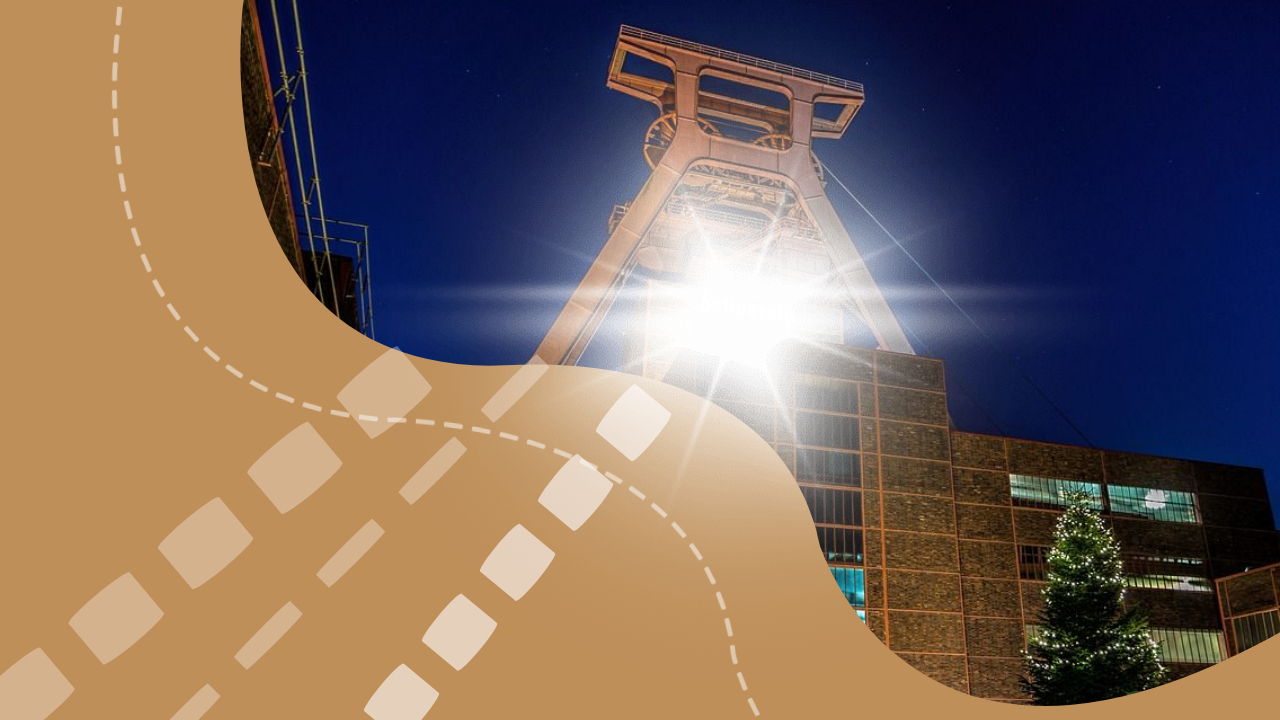Rockfire Resources, an exploration company, gained attention last summer after confirming deposits of scarce metals, germanium, and gallium, in Greece. Located in Molaoi, Peloponnese, drilling by the London-listed company revealed high-grade germanium and elevated gallium, significantly enhancing the value of its Molaoi project. Presenting to officials from the Greek Energy Ministry, Rockfire Resources outlined plans for further exploratory drilling and a viability study on the newfound resource, scheduled to begin post-summer. Notably, silver is also present in the Molaoi asset. Germanium and gallium, critical minerals on US and EU lists due to their geological rarity, have gained global significance, especially after recent export restrictions imposed by China. David Price, CEO of Rockfire Resources, expressed satisfaction at the findings, particularly highlighting the robust germanium results and the unexpected presence of gallium, which is expected to bolster the project’s economic prospects. Germanium, priced at $2,856.30 per kg, demonstrated grades ranging between 9.0 and 40.0 grams per ton (g/t), with individual assays peaking at 73.8 g/t. Gallium, currently trading at $765.30 per kg, exhibited grades between 9.7 and 19.0 g/t, with the highest assay recorded at 33.3 g/t. These metals are crucial in modern technology, finding applications in electronics, solar cells, semiconductors, and military equipment, making the discovery in Greece highly significant. With the global supply chain for germanium and gallium vulnerable to disruption, particularly due to their scarcity, the find in Greece presents a significant development. The European Union is actively seeking alternatives to Chinese supply, urging aluminum and zinc companies to explore gallium production. Mytilineos Energy & Metals, a Greek aluminum producer, has been approached for potential gallium production at its Agios Nikolaos refinery, aiming to reduce reliance on Chinese sources. Overall, the confirmation of germanium and gallium deposits in Greece marks a milestone in the country’s mineral exploration landscape, potentially impacting global supply chains and economic dynamics.
Source and Credit: miningeurope.news

